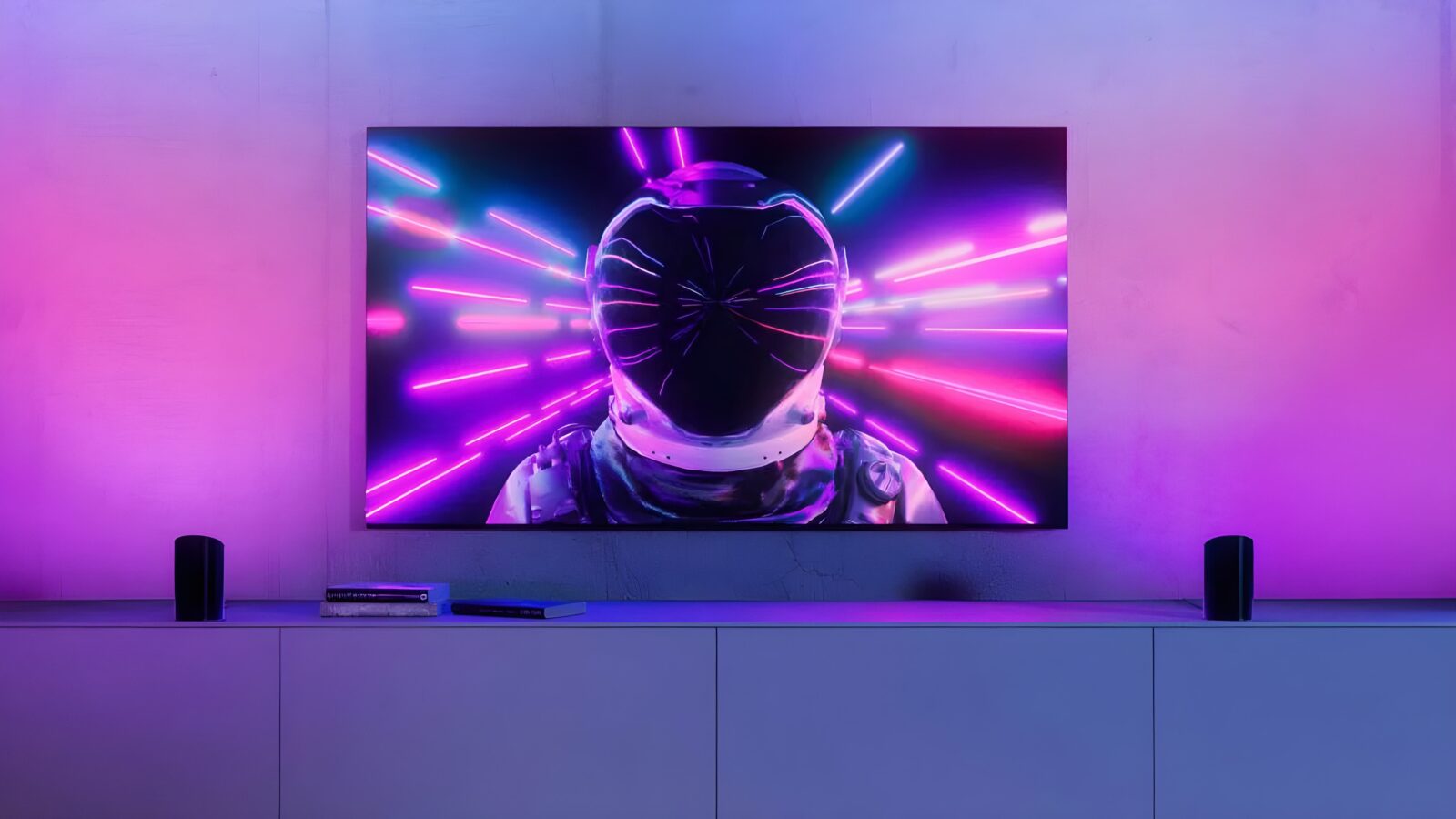Meta and Oakley appear poised to unveil a new pair of smart glasses, following a series of social media teasers hinting at their upcoming collaboration. While neither company has confirmed specific details, signs point to an Oakley-branded version of Meta’s existing wearable tech, which already exists in the form of Meta’s partnership with Ray-Ban.
The current Meta Ray-Ban smart glasses offer features such as built-in cameras, audio playback, voice calling, and integration with Meta AI, which provides contextual information based on the wearer’s environment. If the Oakley variant follows a similar blueprint, users can expect comparable hardware capabilities, with a design potentially tailored for more athletic use. Rumors suggest the new device might borrow from Oakley’s Sphaera line, possibly positioning a camera centrally within the frame to align with performance-focused aesthetics and functionality.
Oakley’s established presence in the sports and outdoor eyewear market could indicate a strategic move to market these smart glasses toward cyclists, runners, and outdoor enthusiasts who are already familiar with the brand’s style and performance attributes. This audience may find utility in hands-free recording, music streaming, and AI-assisted features during physical activity.
The teaser, limited to logos from Meta and Oakley, leaves room for speculation, but the June 20 launch date should bring clarity. This development reflects the broader trend of consumer tech companies embedding smart capabilities into everyday accessories, especially as interest in augmented and mixed reality continues to grow.
Meanwhile, Apple is reportedly developing its own smart glasses, potentially incorporating similar features such as cameras, microphones, and AI-powered interfaces. While Apple has yet to release a product in this category, both companies are evidently preparing for a future where augmented reality plays a larger role in daily consumer tech. Meta, for its part, has already showcased a prototype for AR glasses under the codename “Orion,” targeting a potential release window within the next two years.
As the market evolves, wearable smart eyewear may shift from a niche product to a more integrated part of personal tech ecosystems, particularly as designs become more refined and functionality more seamless.




